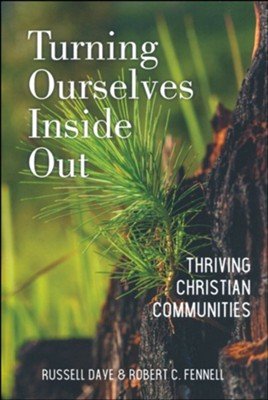The Virtue of Integrity
Integrity for our purposes is defined as knowing who we are and being who we are. Who are we at St. Andrew’s. What are we up to? What is God doing in our midst? Do we all know the direction we are heading? We talk about ‘Encountering God in worship, Engaging Jesus in the Streets – Building an Outpost in the Kindom of God. It comes out of the study done by the congregation over the last 5 – 6 years. But does anyone really know what that means? How do we communicate it more effectively? What is a tag line and how might we use one here at St. Andrew’s.
Romans 12:1-21
A Living Sacrifice
12 Therefore, I urge you, brothers and sisters, in view of God’s mercy, to offer your bodies as a living sacrifice, holy and pleasing to God—this is your true and proper worship. 2 Do not conform to the pattern of this world, but be transformed by the renewing of your mind. Then you will be able to test and approve what God’s will is—his good, pleasing and perfect will.
Humble Service in the Body of Christ
3 For by the grace given me I say to every one of you: Do not think of yourself more highly than you ought, but rather think of yourself with sober judgment, in accordance with the faith God has distributed to each of you. 4 For just as each of us has one body with many members, and these members do not all have the same function, 5 so in Christ we, though many, form one body, and each member belongs to all the others. 6 We have different gifts, according to the grace given to each of us. If your gift is prophesying, then prophesy in accordance with your[a] faith; 7 if it is serving, then serve; if it is teaching, then teach; 8 if it is to encourage, then give encouragement; if it is giving, then give generously; if it is to lead,[b] do it diligently; if it is to show mercy, do it cheerfully.
Love in Action
9 Love must be sincere. Hate what is evil; cling to what is good. 10 Be devoted to one another in love. Honor one another above yourselves. 11 Never be lacking in zeal, but keep your spiritual fervor, serving the Lord. 12 Be joyful in hope, patient in affliction, faithful in prayer. 13 Share with the Lord’s people who are in need. Practice hospitality.
14 Bless those who persecute you; bless and do not curse. 15 Rejoice with those who rejoice; mourn with those who mourn. 16 Live in harmony with one another. Do not be proud, but be willing to associate with people of low position.[c] Do not be conceited.
17 Do not repay anyone evil for evil. Be careful to do what is right in the eyes of everyone. 18 If it is possible, as far as it depends on you, live at peace with everyone. 19 Do not take revenge, my dear friends, but leave room for God’s wrath, for it is written: “It is mine to avenge; I will repay,”[d] says the Lord. 20 On the contrary:
“If your enemy is hungry, feed him;
if he is thirsty, give him something to drink.
In doing this, you will heap burning coals on his head.”[e]
21 Do not be overcome by evil, but overcome evil with good.
Quotes from the book:
‘most of the thriving Christian communities we met have a strong sense of identity. They know who they are, why they are, and where they are going’ ‘They have a shared purpose and they are linked together through that purpose’ ‘they are a people of God, followers of Jesus, sharing a community that is committed to seeking and living out God’s intentions for the world.’ p. 93
Conversations in thriving churches shift from ‘how do we fix the church?’ to ‘what is God up to?’ p. 99. That outward orientation – what we name in this book as turning ourselves inside out – helps us move our unproductive attention away from our own struggles and problems so that we can notice and follow where God is at work in our world.
Cohesiveness within thriving faith communities is also revealed in a congregation’s shared sense of integrity. That is, they are able to say ‘this is who we are, and we know that to be true about us, so this is why we do what we do’. p. 101 – leads to a high degree of ownership and consensus
Buy the Book for Yourself
Turning Ourselves Inside Out emerges from the Thriving Christian Communities Project started by the authors in 2015, as well as from a Facebook conversation where someone asked, "We always hear about the problems in our churches. When are we going to talk about the good news stories?" This got the authors thinking: How do we learn about what is exciting and what the Holy Spirit is doing? How do we broaden the conversation beyond how sad, afraid, and grumpy we often are as church people?

